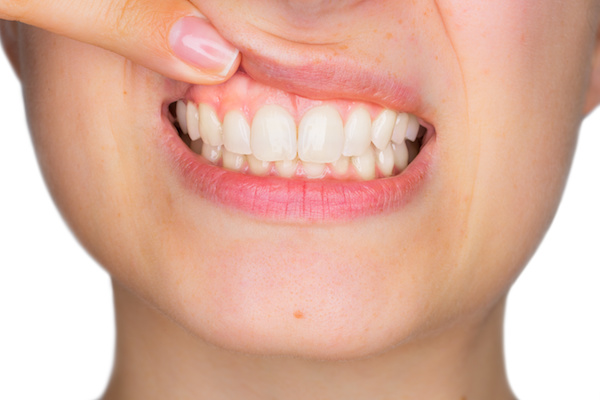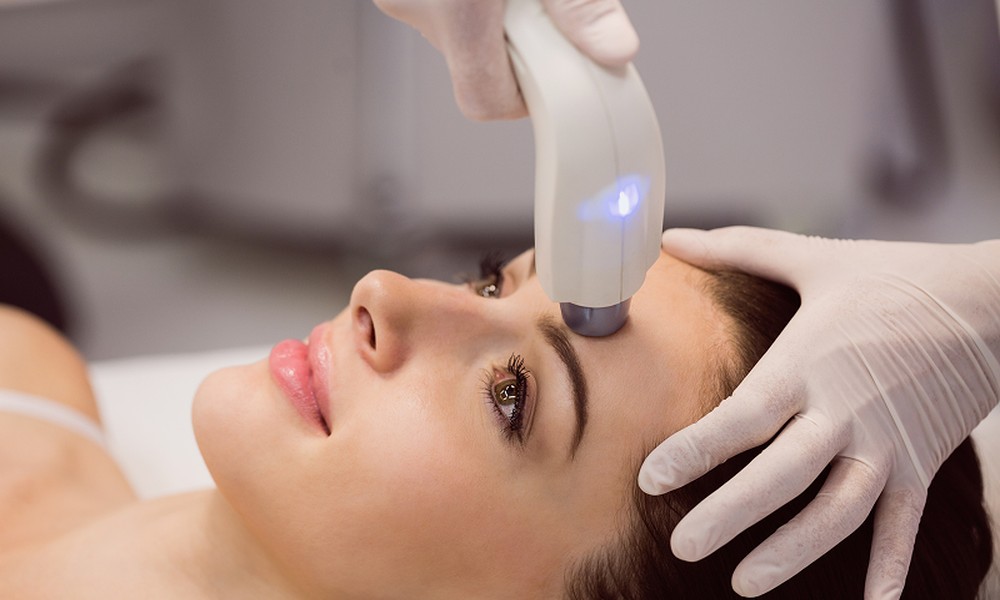Gum Health and Its Impact on Your Oral and Overall Health

Gums, also known as gingiva, play a crucial role in maintaining good oral health. They are the soft tissues that surround and support the teeth, and their primary function is to protect the teeth and underlying bone from damage. Healthy gums are essential for a healthy smile, and neglecting their care can lead to serious oral health issues. In this article, the dentist in Fairfield, CA, and their team explore the importance of gums and effective tips to keep them healthy. So read on!
Why are gums important?
Gums are important for several reasons:
- Support teeth: Gums hold teeth in place, providing a snug fit that prevents them from shifting or becoming loose.
- Prevent infection: Gums act as a barrier against bacteria and other pathogens, preventing them from entering the bloodstream and causing infection.
- Protect bone: Gums help protect the underlying bone from damage, which can lead to tooth loss if left untreated.
- Boost confidence: Healthy gums contribute to a healthy, attractive smile, boosting self-confidence and overall well-being.
- Prevent systemic diseases: Research suggests that gum disease may be linked to various systemic diseases, including diabetes, heart disease, and Alzheimer’s disease.
- Maintain overall health: Gums play a crucial role in maintaining overall health, as oral health has been linked to overall health and well-being.
- Prevent bad breath: Healthy gums help prevent bad breath (halitosis) by removing bacteria and food particles.
Exploring some common gum-related problems
Here are some common gum-related diseases:
- Gingivitis: Inflammation of the gums, often caused by poor oral hygiene, leading to redness, swelling, and bleeding.
- Periodontitis: Infection of the gums and underlying bone, causing pockets to form, leading to tooth loss if left untreated.
- Periodontal abscess: A painful infection that forms in the gums, often requiring antibiotics or surgical drainage.
- Gum recession: Exposed roots due to gum recession, increasing the risk of decay and sensitivity.
- Trench mouth: A painful gum infection, often caused by poor oral hygiene, stress, or smoking.
- Pericoronitis: Inflammation of the gums surrounding a partially erupted tooth, often causing pain and swelling.
- Gingival hyperplasia: Excessive gum growth, often caused by medication, poor oral hygiene, or genetics.
- Desquamative gingivitis: A rare condition causing gum inflammation, often linked to autoimmune disorders.
How to maintain healthy gums?

Maintaining healthy gums requires a combination of good oral hygiene habits, a balanced diet, and regular dental check-ups. Here are some tips to help you maintain healthy gums:
- Brush regularly: Brush your teeth at least twice a day with fluoride toothpaste, paying special attention to the gum line.
- Floss daily: Floss once a day to remove trapped food particles and plaque from between your teeth and under your gum line.
- Use an antibacterial mouthwash: Use an antibacterial mouthwash to help kill bacteria and reduce plaque.
- Eat a balanced diet: Eat a diet rich in fruits, vegetables, and whole grains, and avoid sugary and processed foods.
- Avoid smoking: Smoking increases the risk of gum disease, so quitting or avoiding smoking altogether is essential.
- Visit your dentist regularly: Regular dental check-ups can help identify and prevent gum-related issues.
- Use a soft-bristled toothbrush: Use a soft-bristled toothbrush to avoid damaging your gums.
- Avoid aggressive brushing: Avoid brushing too hard, as this can damage your gums.
- Clean your tongue: Clean your tongue regularly to remove bacteria and freshen your breath.
- Monitor your gums: Monitor your gums for signs of gum disease, such as redness, swelling, or bleeding.
By prioritizing gum care and maintaining good oral hygiene habits, you can ensure a healthy, happy smile for years to come. Remember, healthy gums are the foundation of a healthy smile!











